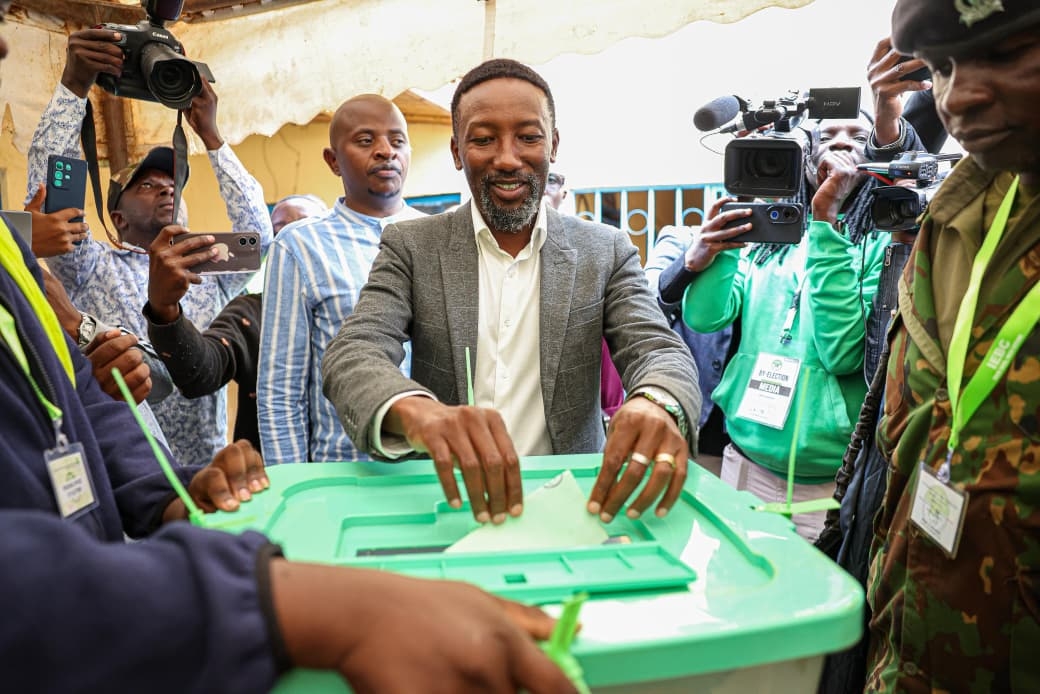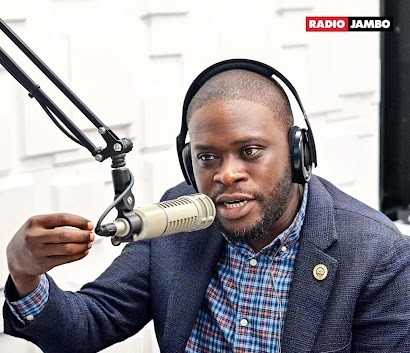People with disabilities always experience discrimination concerning any socio-economic aspect of life.
They are likely to be less educated, unemployed, and isolated.
Finding ways to meet the learning needs of students with disabilities can be challenging.
Most educational institutions lack the necessary resources required for disabled students to learn effectively.
Extra assistive devices and services like wheelchairs, hearing aids, and braille are costly, hence limiting the number of institutions and students with access to these facilities.
Their future success is pre-determined based on the education facilities available to them.
More than half of people with disabilities have specialised in vocation training skills.
Only a few of them acquired science, technology, engineering, and mathematics-related courses.
This poses a threat to them when it comes to employment and more likely they end up receiving low income which lowers their living standards.
The government has made some steps in making the life of people with disabilities easier.
Through the establishment of The National Council for Persons with Disabilities, which endeavours to secure the reservation of 5 per cent of all casual, emergency, and contractual positions in employment in the public and private sectors for persons with disabilities.
Moreover, as much as it might be costly for businesses and companies to accommodate persons with disabilities, private employers who engage persons with disabilities as regular employees, apprentices, or learners, shall be entitled to apply for a deduction from taxable income equivalent to twenty-five per cent of the total amount paid as salary and wages to such an employee.
Companies such as Safaricom have implemented these regulations.
Currently, 2.3 per cent of its employees are persons with disabilities and they have set a five per cent target for their workforce comprising persons living with disabilities by 2025.
Unfortunately, most organizations are yet to implement this rule, leaving 306,175 (Disabled population amongst the main workforce age group of 15-34 years) of the disabled to compete for the handful of corporate jobs available or opt for vocational jobs which offer much lower compensation.
The government must invest in enabling more of Kenya’s disabled to obtain a proper education.
Moreover, they should continue to enforce inclusive regulations and policies in the public and private sectors that would see more of the qualified, disabled population getting top-paying jobs.
Student at Multimedia University of Kenya
Edited by Kiilu Damaris
“WATCH: The latest videos from the Star”














